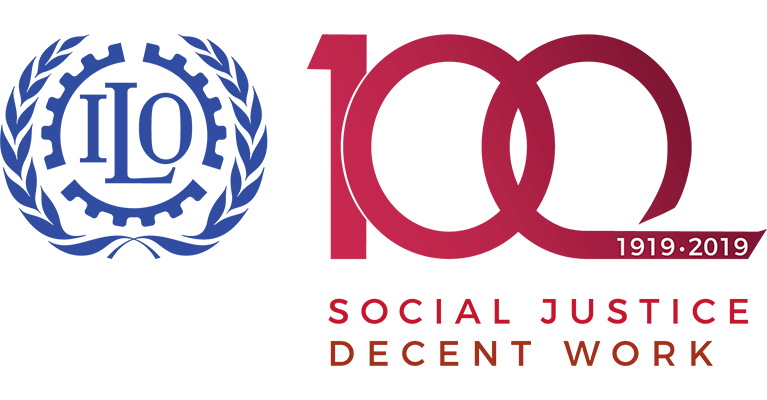Platform work and the employment relationship – a global overview
Valerio De Stefano,* Ilda Durry,* Harry Stylogiannis,* Mathias Wouters* The debates on platform work have come a long way since the early publications in the first part of the last decade. For a long time, many commentators agreed with the words of Judge Vince Chhabria in the Californian case about the ride-hailing platform Lyft:…







